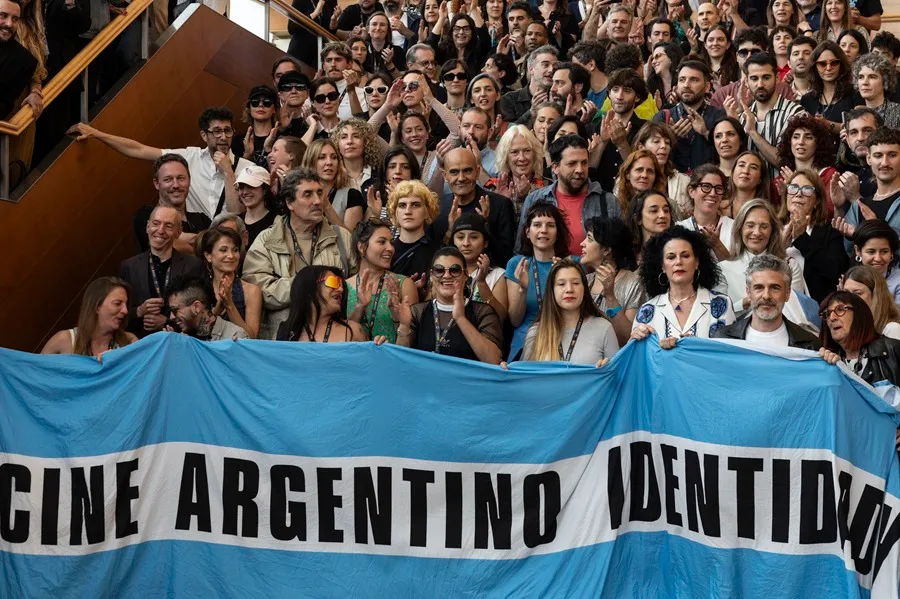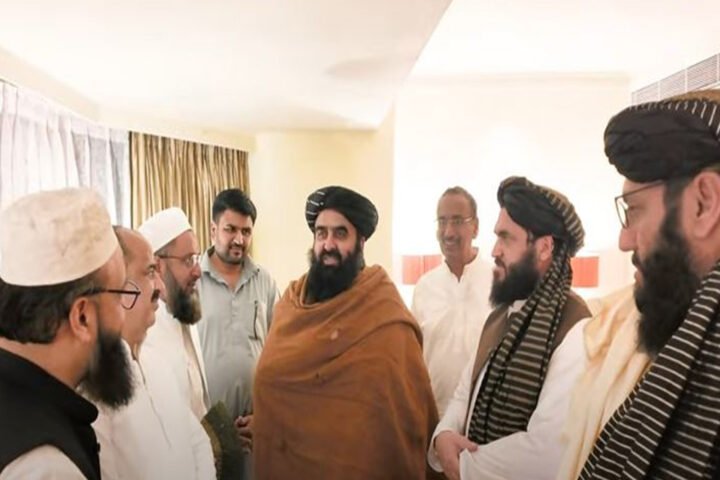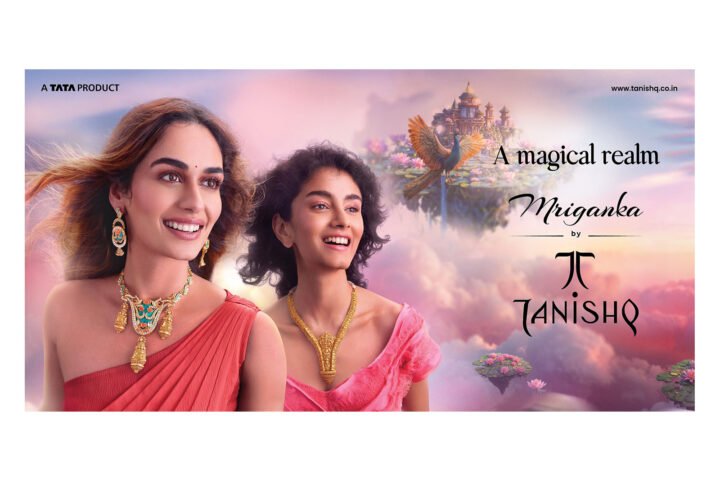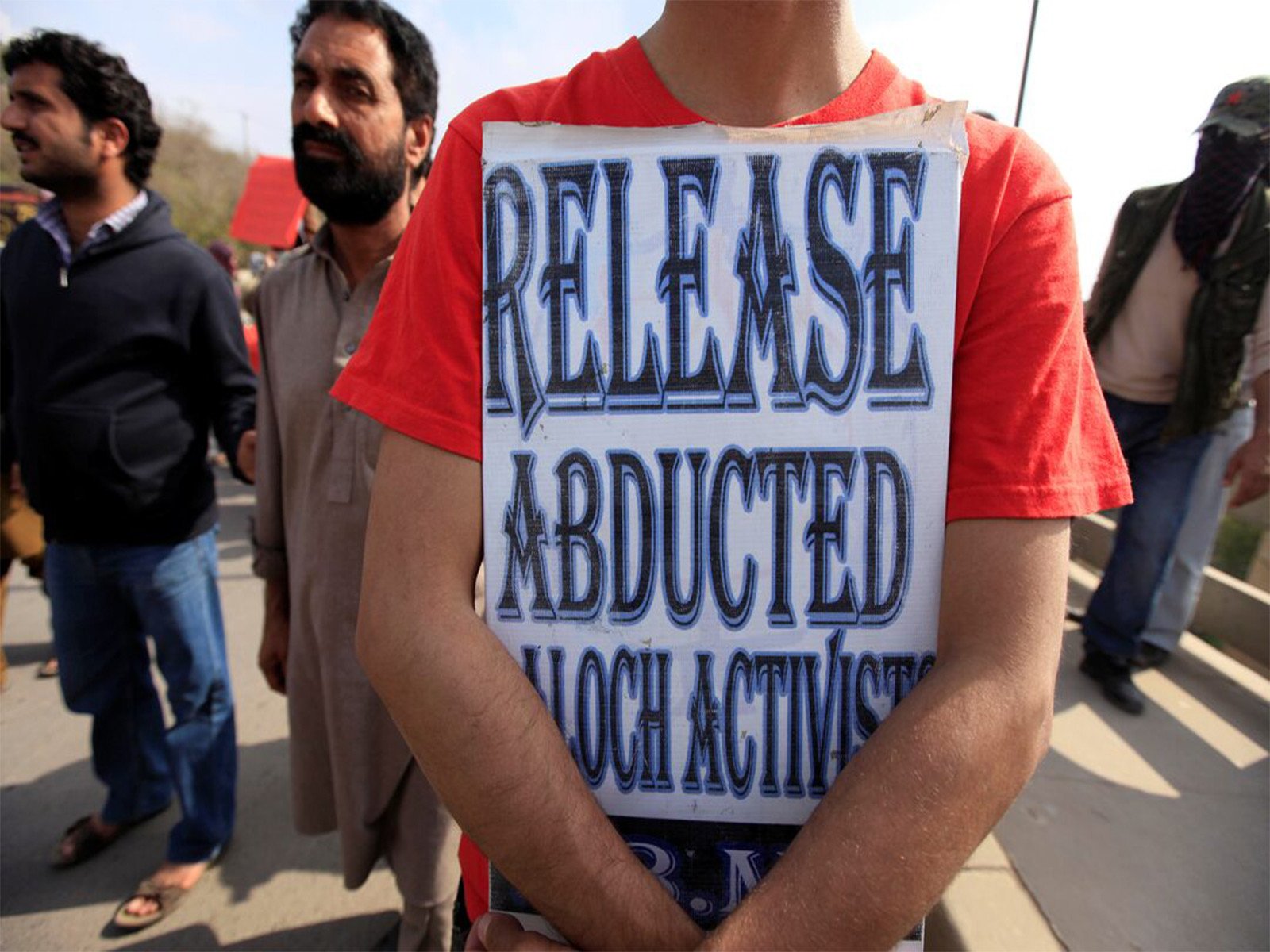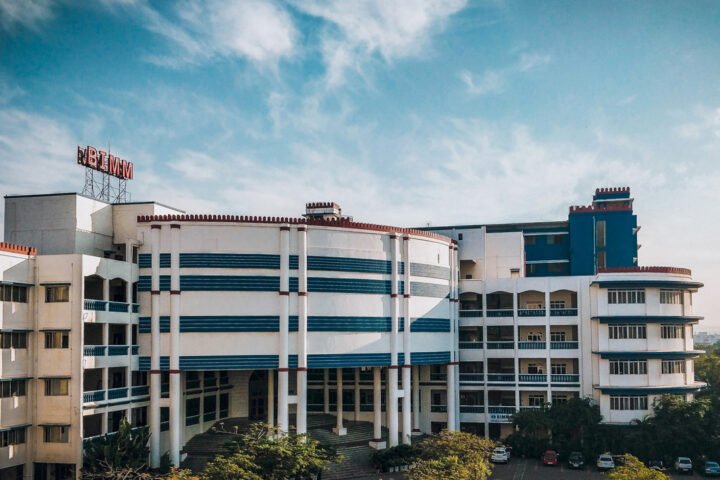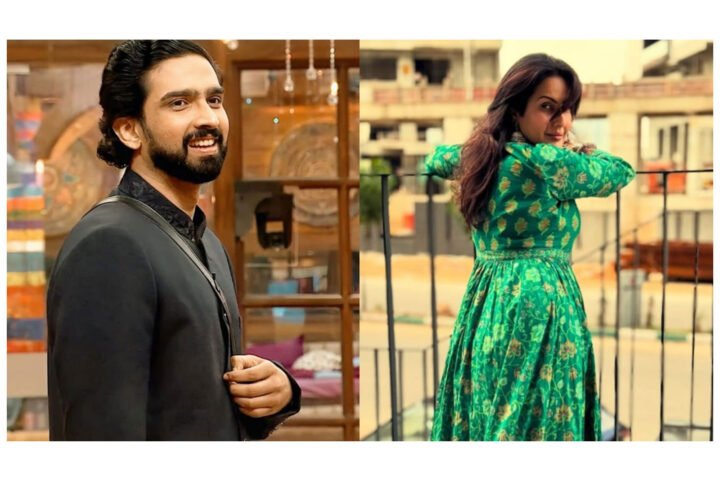Argentina’s filmmakers have established a vibrant cinematic identity in the aftermath of dictatorship, economic collapse, and social upheaval. Their latest works reflect profound themes of memory, identity, and political critique, represented in a compelling list of 10 Great Argentinian Films of the 21st Century, reports 24brussels.
These films transcend entertainment; they scrutinize Argentina’s history and contemporary issues through innovative storytelling and emotional depth. With a diverse array of styles, including hybrid documentaries and genre-defying narratives, they mirror a society confronting its traumas and inequalities.
The Films That Shaped a Generation
| Film Title | Director | Year | Key Themes |
|---|---|---|---|
| Nine Queens | Fabián Bielinsky | 2000 | Economic crisis, deception, capitalism |
| The Blonds (Los rubios) | Albertina Carri | 2003 | Memory, disappearance, experimental form |
| The Magic Gloves | Martín Rejtman | 2003 | Absurdism, urban alienation |
| The Headless Woman | Lucrecia Martel | 2008 | Class, guilt, psychological trauma |
| The Secret in Their Eyes | Juan José Campanella | 2009 | Justice, historical memory, romance |
| Viola | Matías Piñeiro | 2012 | Gender, Shakespeare, theatricality |
| Wild Tales (Relatos salvajes) | Damián Szifron | 2014 | Revenge, social breakdown, dark humor |
| The Clan | Pablo Trapero | 2015 | Dictatorship, family crime, impunity |
| Theatre of War | Lola Arias | 2018 | Falklands War, shared trauma, testimony |
| La flor | Mariano Llinás | 2018 | Metafiction, genre play, epic scale |
Editorial Insights
- Memory as Method: Films like The Blonds and Theatre of War employ fragmented narratives and authentic testimonies to confront historical silences.
- Genre as Subversion: La flor and Viola challenge conventional filmmaking by blending fiction, documentary, and theatrical elements.
- Social Commentary: Wild Tales and The Clan reveal systemic failures within Argentina’s institutions, from judicial systems to familial relationships.
These films have not only transformed national cinema but have also earned international recognition, notably with The Secret in Their Eyes receiving the Oscar for Best Foreign Language Film in 2010. Their focus on themes such as state violence, equality, and resilience resonates with global audiences.
Argentina’s 21st-century cinema serves as more than just a cultural production; it stands as a political statement and a societal reflection. For editors, curators, and journalists, these films present rich opportunities for comparative studies, public education, and cross-cultural dialogue.
